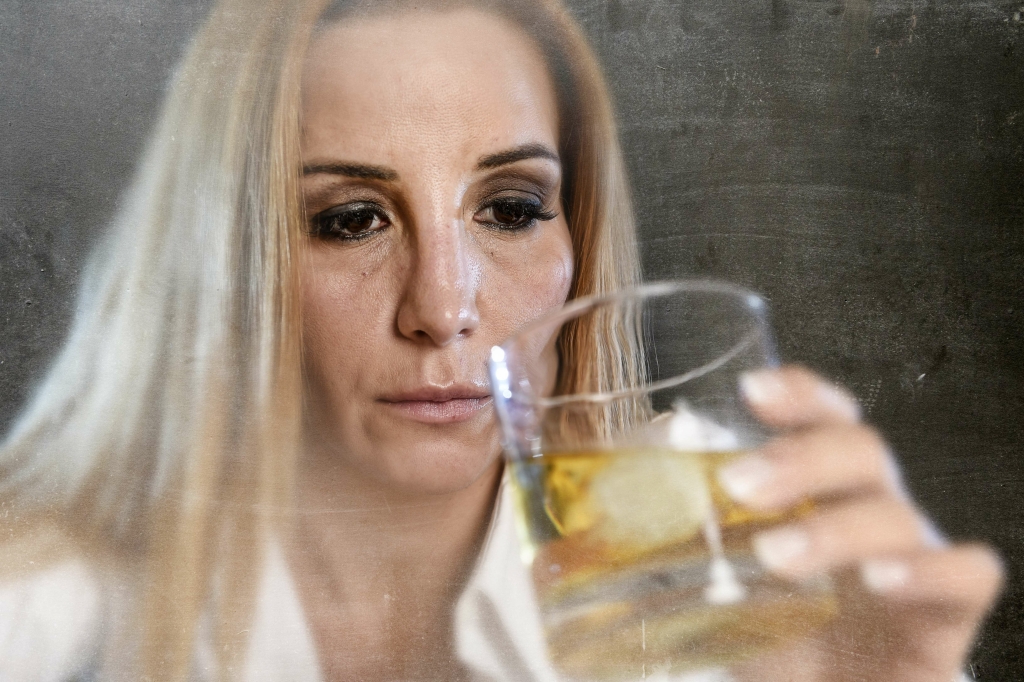Content
https://ecosoberhouse.com/ can negatively impact the quality and duration of your sleep, and has even been linked to more serious sleep issues like insomnia. If you want to be really careful, Dr. Willeumier recommends giving yourself a six-hour window before bed. So while you may initially fall asleep quicker, you aren’t getting the benefits of REM sleep through the night. When you don’t get enough REM sleep, you won’t feel rested, and you’ll see that influence your performance the day after.
Why can I only sleep a few hours after drinking?
Multiple studies have confirmed the effect this can have – drinking disrupts our master biological clock, limits the production of melatonin (also known as the sleep hormone), elevates levels of adenosine (which makes us feel sleepy when we've been awake for a long time) and forces our liver to work harder.
This may be especially true if you drink alcohol to help you fall asleep faster, and then experience disrupted sleep later in the night without realizing it. Since even small amounts of alcohol can affect your sleep, the overwhelming consensus in the medical community is that alcohol is not an appropriate sleep aid. An indirect test of the neuronal loss hypothesis of K-complex amplitude deficit in chronic alcoholism was conducted using gray matter volumes from structural MRI data acquired from the subjects in Colrain et al. . Statistical models were constructed to determine the extent to which cortical and subcortical volumes could predict evoked potential component amplitudes in sleeping alcoholics and controls. Stepwise multiple regression entering age, intracranial volume, diagnosis, lobar gray matter volumes and subcortical tissue volumes to predict N550 amplitude at Fz produced different models in men and women (Colrain et al. 2011). For men, sensorimotor gray matter volume made a significant independent contribution to N550 amplitude with the amount of variance explained significantly improving with the addition of diagnostic group. These data support the hypothesis that diminished gray matter volume in chronic alcoholism contributes to an impaired ability to generate large amplitude slow waves, although not all the variance could be explained by loss of volume.
CBT-I in patients with alcohol use and cannabis use disorders
Once it wears off your alcohol and sleep will likely jolt you awake before you’ve had your full night’s sleep. The most common form of sleep apnea is obstructive sleep apnea, which occurs “when your throat muscles intermittently relax and block your airway during sleep,” the Mayo Clinic says. There is also central sleep apnea when the brain does not send the right signals to the muscles that control breathing during sleep.

Alcohol increases levels of adenosine, a key component of the homeostatic drive. The homeostatic drive is responsible for keeping our body balanced, and it’s one of the major mechanisms that regulates the sleep-wake cycle. The homeostatic drive prompts sleep by boosting levels of adenosine when we’ve been awake for too long.
Snoring and breathing problems
They can also estimate how long we spend in different stages of sleep, though their accuracy is questionable — the only truly accurate way to measure sleep stages is using an EEG to track our brain waves. The time it takes someone’s body to break down alcohol depends on a number of different things, including body weight, liver function, liver size, sex, and genetics. All of these factors help determine how much alcohol will intoxicate someone, and also play a role in how quickly they can sober up after drinking. NREM sleep happens first, and there are four different stages of NREM sleep.
When Should I Stop Drinking Coffee? Caffeine’s Impact On Sleep – Delish
When Should I Stop Drinking Coffee? Caffeine’s Impact On Sleep.
Posted: Thu, 16 Feb 2023 14:09:00 GMT [source]